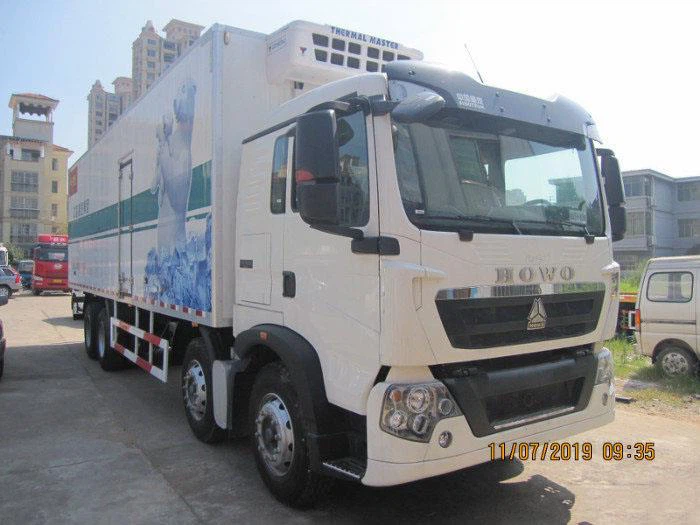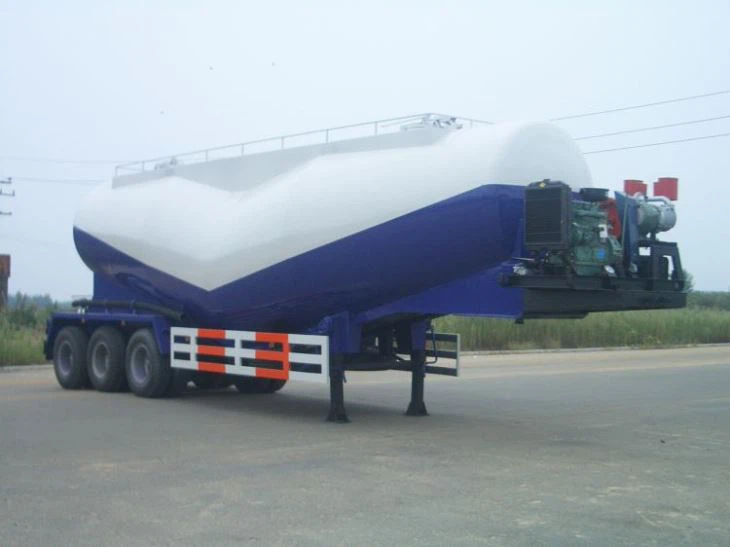Ultimate Guide to Manual Side Loader Garbage Trucks

Introduction
Manual side loader garbage trucks are specialized vehicles designed to enhance efficiency in waste collection operations. Unlike traditional rear-loading trucks, these vehicles allow operators to collect refuse from the side, reducing the need for extensive stop-and-start routes. This guide explores everything you need to know about manual side loader garbage trucks, including their features, advantages, operational tips, and practical uses, making it a valuable resource for municipalities, waste management companies, and environmental enthusiasts alike.
What is a Manual Side Loader Garbage Truck?
A manual side loader garbage truck is a waste collection vehicle equipped with a side-loading mechanism. This mechanism allows a waste collection worker to grab and lift bins or containers directly from the curbside, streamlining the refuse collection process. These trucks typically feature a strong hydraulic system, enabling them to pick up various types of waste containers, including bins and bags.
Features of Manual Side Loader Garbage Trucks
1. Design and Build
Manual side loader garbage trucks are built to withstand the rigors of daily waste collection. They often have reinforced frames and high-capacity hydraulic systems to manage heavy loads. The cab is usually designed for easy access, ensuring operators can quickly enter and exit the vehicle.
2. Side-Loading Mechanism
The core feature of a manual side loader is its side-loading mechanism. This system typically includes:
- Hydraulic Lifts: Used to raise and lower waste containers.
- Pickup Arms: Extend to grasp the waste container and pull it to the truck for emptying.
- Control Panel: Allows the driver/operator to control the loading process easily.

3. Size and Capacity
Manual side loader garbage trucks come in various sizes, offering different payload capacities to accommodate diverse waste management needs. Smaller trucks may have a capacity of around 10 cubic yards, whereas larger models can handle over 20 cubic yards of waste.

Advantages of Manual Side Loader Garbage Trucks
Here are some advantages that make manual side loader garbage trucks popular in waste collection:
1. Increased Efficiency
With their side-loading capability, manual side loaders minimize the need for drivers to exit the vehicle frequently, speeding up the collection process. This efficiency helps reduce operational costs and allows for broader service areas.
2. Enhanced Safety
These trucks are designed to limit the number of times workers need to enter traffic. The process of collecting waste from the side rather than the rear enhances the safety of workers and minimizes the risk of accidents.
3. Flexibility
Manual side loaders can easily collect various types of refuse, including recyclables, yard waste, and general garbage. Their versatility makes them suitable for different neighborhoods and waste collection programs.
4. Cost-Effective Operations

By optimizing routes and reducing fuel consumption, municipalities can lower their overall waste management costs with manual side loader garbage trucks. They can handle more significant loads in fewer passes, ultimately saving time and money.
Practical Examples of Manual Side Loader Garbage Trucks in Action
Municipalities and waste management companies worldwide have successfully integrated manual side loader garbage trucks into their operations. Below are some examples highlighting their effectiveness:
Case Study 1: City of Springfield
The City of Springfield adopted manual side loader garbage trucks for its waste collection program. By shifting from traditional rear loaders, the city reported a 30% increase in collection efficiency, allowing its team to cover more ground and serve more residents in a shorter amount of time.
Case Study 2: Green Waste Collectors, LLC
Green Waste Collectors in California integrated manual side loader trucks into their services specializing in organic waste collection. Their ability to handle different waste types efficiently improved their recycling rates while minimizing transport costs.
Operational Tips for Using Manual Side Loader Garbage Trucks
To maximize the effectiveness and lifespan of manual side loader garbage trucks, consider the following tips:
1. Regular Maintenance
Scheduled maintenance is crucial to ensure optimal performance. Regularly check hydraulic systems, brakes, and tires to minimize breakdowns.
2. Proper Training of Operators
Ensure all drivers and operators receive comprehensive training on the use of manual side loader garbage trucks. This training should include safety protocols, operational procedures, and troubleshooting basic issues.
3. Optimize Routes
Utilize route optimization software to plan collection routes efficiently. Reducing idle time and maximizing coverage can significantly enhance operational efficiency.
4. Monitor Load Capacities
Do not overload the garbage truck beyond its rated capacity. Overloading can cause excessive strain on the vehicle, leading to increased wear and tear or potential accidents.
Environmental Impact of Manual Side Loader Garbage Trucks
Manual side loader garbage trucks play an essential role in promoting sustainability in waste management. Below are their effects on the environment:
1. Reducing Carbon Footprint
With the enhanced efficiency of waste collection operations, manual side loaders help reduce greenhouse gas emissions produced by diesel-powered trucks. Efficient routing reduces the number of trips necessary, lowering fuel consumption.
2. Promoting Recycling and Waste Diversion
These trucks can be equipped to collect recyclables and compostable materials. Their ability to easily manage different types of waste encourages communities to recycle and divert waste from landfills, promoting a more sustainable approach to waste management.
Challenges and Considerations for Manual Side Loader Garbage Trucks
While manual side loader garbage trucks are beneficial, there are challenges and considerations to keep in mind:
1. Initial Investment Costs
Purchasing manual side loader garbage trucks can require significant upfront capital. However, smart investment often leads to long-term savings.
2. Training Requirements
With their unique operational characteristics, adequate staff training is essential to ensure safety and efficiency, which can require additional resources and time.
3. Limited Collection Space
In areas with narrow streets or limited access, side-loading may not be feasible. Operators must carefully evaluate service areas before deploying manual side loader trucks.
FAQ Section
1. What types of waste can manual side loader garbage trucks collect?
Manual side loader garbage trucks can collect a variety of waste types, including residential garbage, recyclables, yard waste, and industrial refuse.
2. How does the side-loading mechanism work?
The side-loading mechanism includes hydraulic arms that extend and retract to pick up containers at curbside and empty them into the truck’s hopper.
3. What are the size options for manual side loader garbage trucks?
Manual side loader garbage trucks come in various sizes, typically ranging from 10 to 20 cubic yards in capacity, accommodating different waste management needs.
4. Are manual side loader garbage trucks environmentally friendly?
Yes, these trucks promote environmentally friendly practices by improving operational efficiency and encouraging recycling and waste diversion, reducing greenhouse gas emissions.
5. How much training do operators need for manual side loader garbage trucks?
Operators should receive comprehensive training on vehicle operation, safety protocols, and maintenance procedures to ensure smooth and safe operations.
6. What are the maintenance requirements for manual side loader garbage trucks?
Regular maintenance schedules should include checks on hydraulic systems, brakes, tires, and other critical components to ensure optimal performance and safety.
